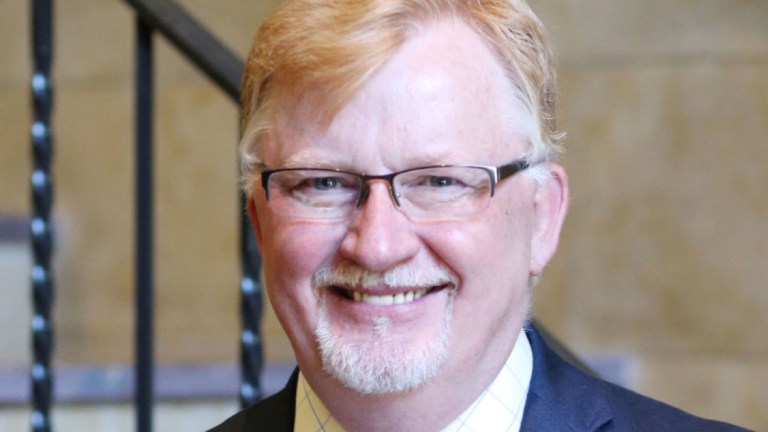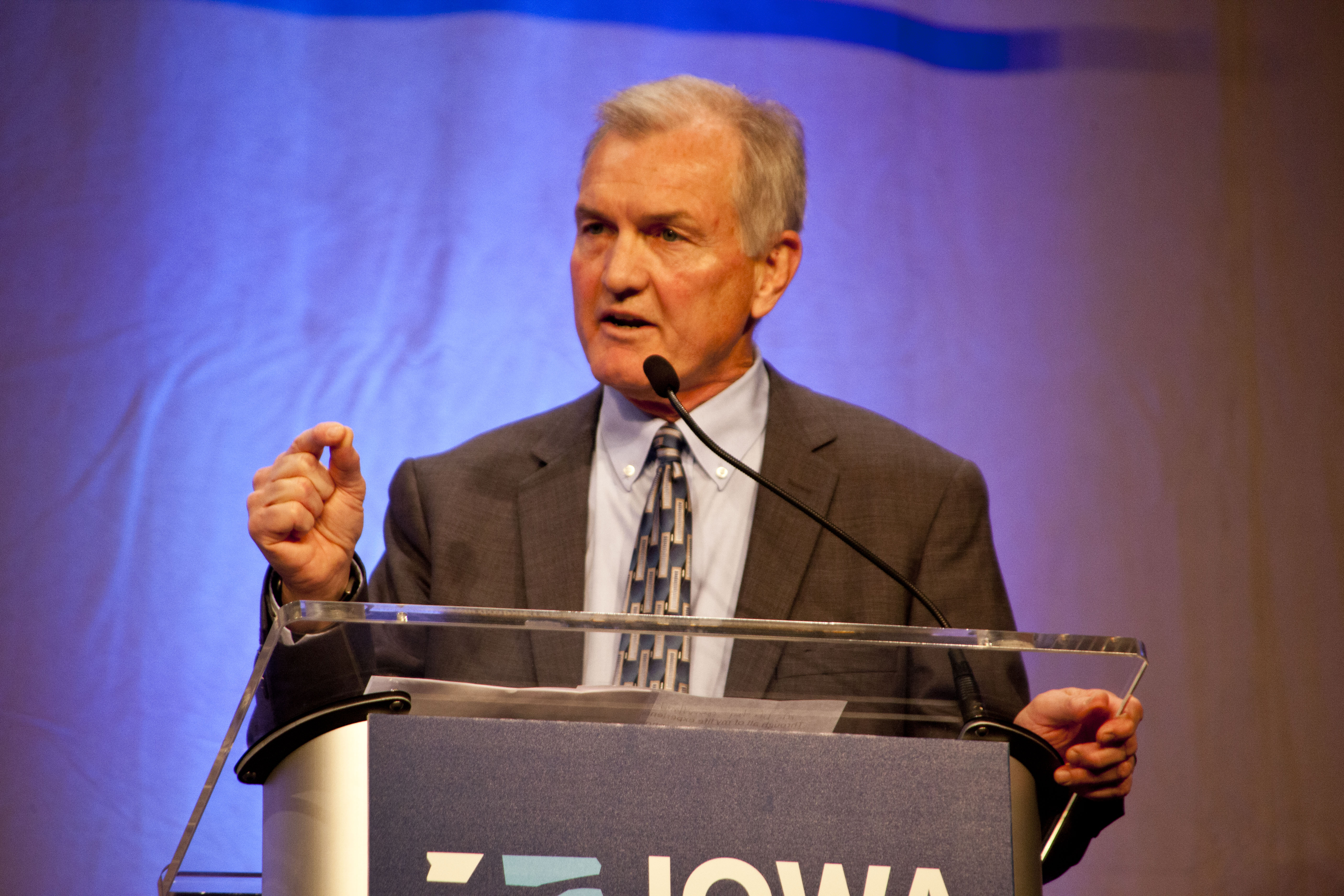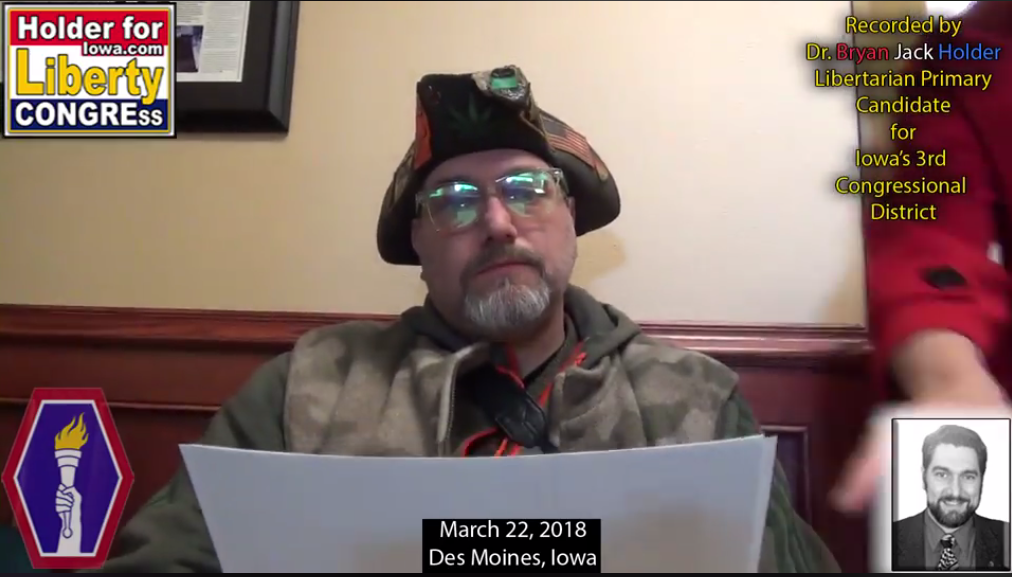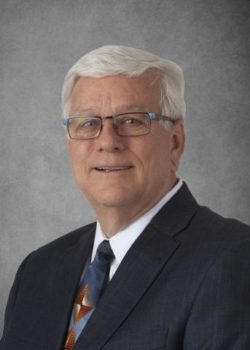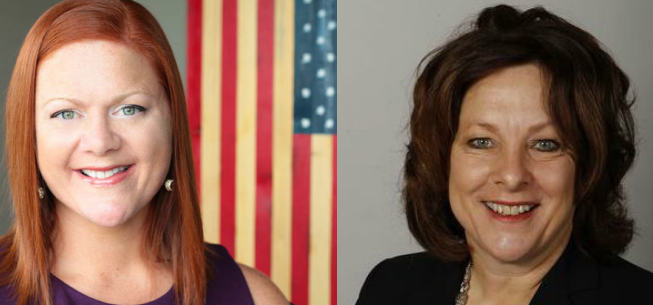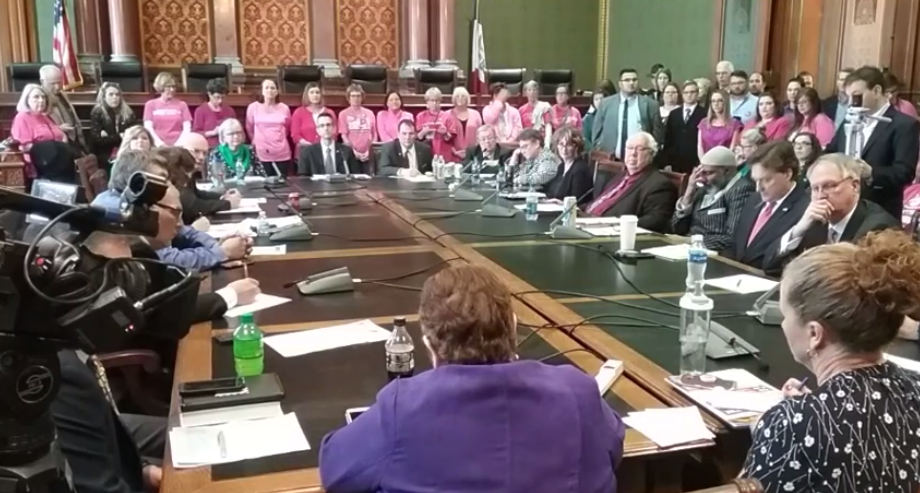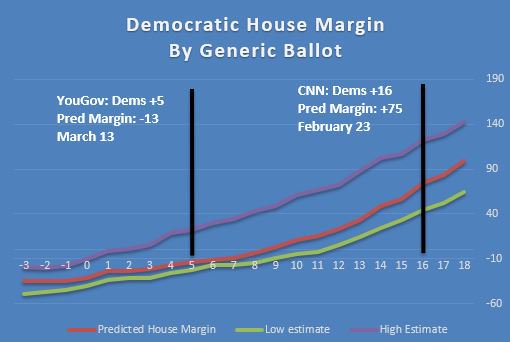I’ve been undecided on the governor’s race for the better part of a year. The six remaining Democrats–Nate Boulton, Cathy Glasson, Fred Hubbell, Andy McGuire, John Norris, and Ross Wilburn–agree on many core issues. All would invest more in education and other public services, reverse Medicaid privatization, restore collective bargaining rights, and stand up for reproductive rights and LGBTQ equality. All bring important life experiences to the table, as you can see from stump speeches Bleeding Heartland posted here, here, and here. Not only would I happily vote for any of them in November, I would knock doors for any of them this fall.
I didn’t expect to commit to a candidate for governor until shortly before the June 5 primary. But as a Polk County convention delegate, part of my job today will be electing district and state delegates. If no gubernatorial candidate receives at least 35 percent of the vote in the primary, a state convention will select our nominee.
Here’s why I believe John Norris should be that candidate.
Continue Reading...

